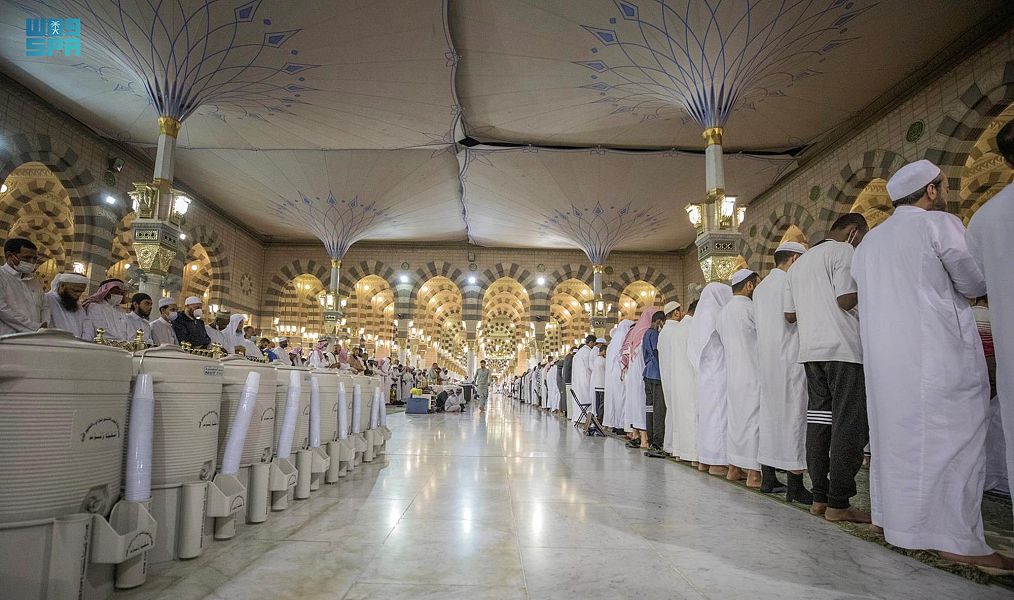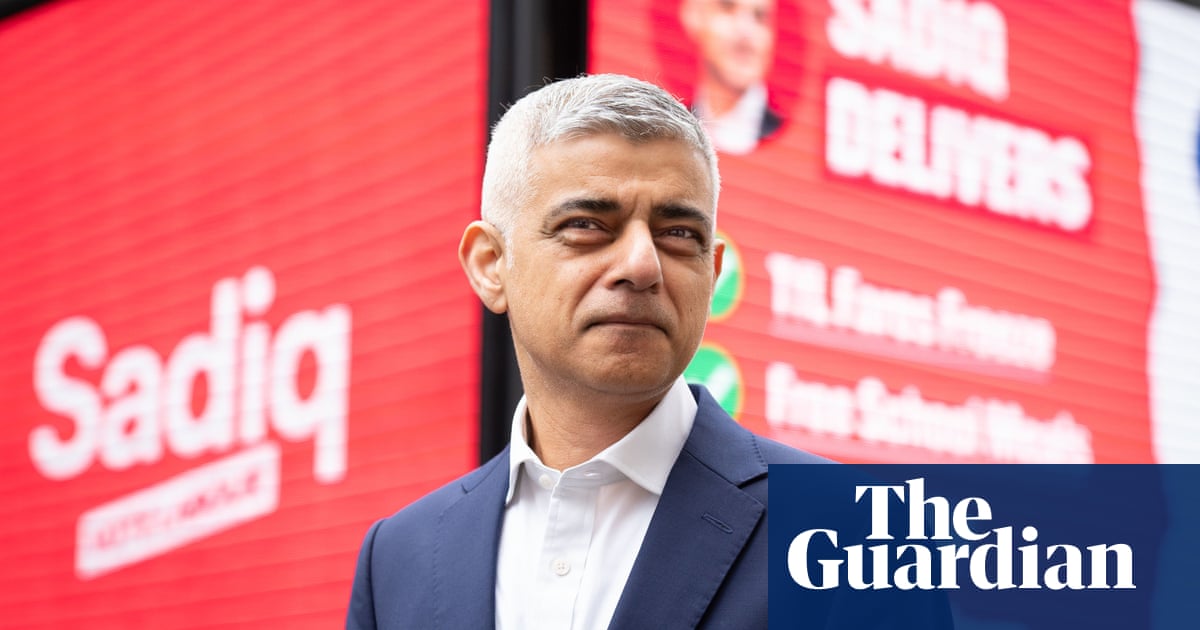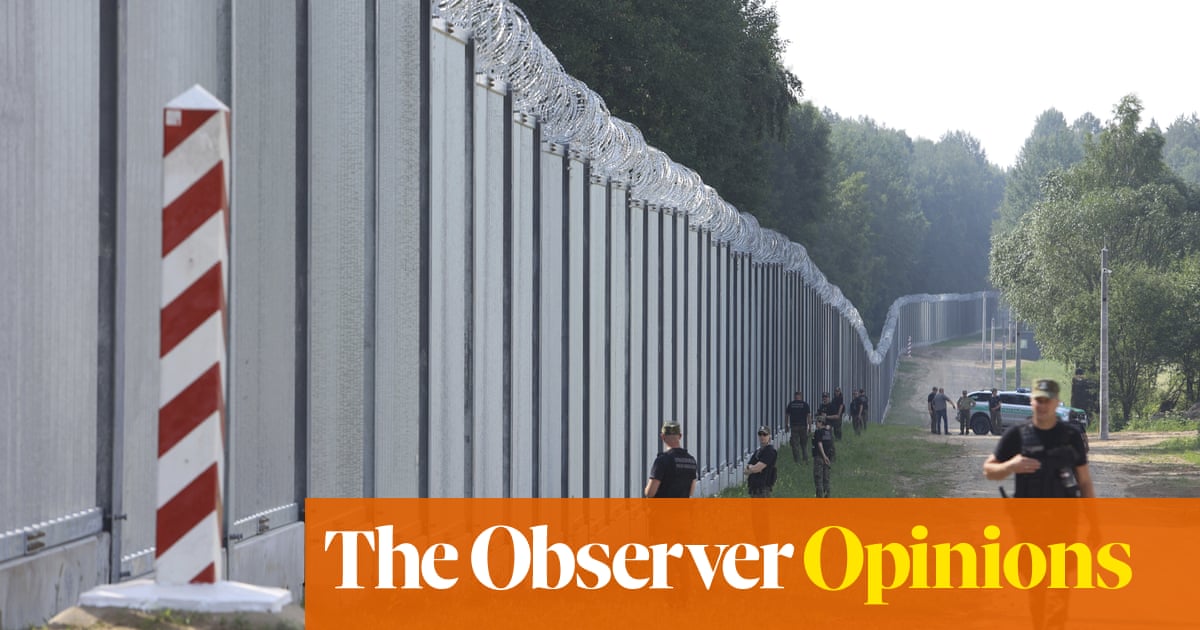
A headline on a prominent news site suggested that US President Donald Trump was wrong to make overtures to North Korea about denuclearization because it is a murderous regime that persecutes its people at home and abroad, and has a profoundly destabilizing influence in its region.
I thought the author had a good point. But I wondered why no one had made the same point when Trump’s predecessor Barack Obama made such overtures toward Iran, which behaves similarly to North Korea, and reportedly sought and received Pyongyang’s assistance with its nuclear programs.
I was then amused to see news from Iraq that Muqtada Al-Sadr had announced a political alliance with the Fatah movement of Hadi Ameri, the powerful militia leader and commander of the Badr Organization, which fought alongside Iranian forces during the Iran-Iraq war. This alliance may well form the core of a new Iraqi government.
The problem is that many people interpreted Al-Sadr’s recent election victory as a shift in Iraqi politics away from sectarian and communal power distribution and dependence on Iran, toward more effective national politics — certainly one less subordinate to Iranian interests — that many Iraqis have been seeking for at least a decade.
Anyone who has followed Iraqi politics with any attention would have known that that was a forlorn hope. Iran knows what it wants there, and what it wants — that does not include sharing the region with anyone — it gets, helped by the delusion of some commentators and senior officials that the tide is about to turn, and when it does on their watch they will get the credit.
Meanwhile, Iraqi Prime Minister Haider Abadi, whom some diplomats were touting before the elections as yet another savior figure (in a long line starting with the late Ahmad Chalabi), is left waiting for a call from the true power brokers. In Iraq, as in Iran, the people may vote, but they do not get to choose who governs them.
Meanwhile, in Syria there is growing suspicion that US-Turkish maneuvers over the town of Manbij, American support for the Syrian Democratic Forces (SDF), and threatening Turkish moves against alleged Kurdistan Workers’ Party (PKK) positions in northern Iraq, are becoming part of a bigger deal involving Russia and southwest Syria, where Israel has made clear it will not tolerate an Iranian or Hezbollah presence.
Russia may be trying to stage-manage a situation in which Turkey is allowed to act against PKK-aligned forces along its border, in return for tolerating increased Iranian influence in the same area — where Tehran also has Kurdish concerns — as compensation to the latter for withdrawing (at least for show) from the Suweida area, and therefore lessening the chance of an immediate confrontation with Israel.
There is a common theme in all these stories: Iran gains and the US loses. But assuming all this is accurate, it may be equally true that Iran is being far too clever for its own good, as it was in 1982 when it refused to accept the liberation of the city of Khorramshahr as a signal for the end of the war with Iraq. However, given that all strategy in the Middle East is opportunism, this looks — at least for now — like the sort of hand one would like to be dealt.
Add to the mix Hezbollah’s political entrenchment in Lebanon after the recent elections there, the outmaneuvering of Iranian reformists in the campaign for the speakership of Parliament, and claims that renewed US hostility is creating a nationalist backlash in Iran.
Iran is adept at playing off its enemies against each other: Turkey against the US, Russia against the US and Turkey, the EU against the US, parts of the EU with Russia against the US, others against Turkey, and so on.
Sir John Jenkins
Given all this, if you are sitting where Iran’s Supreme Leader Ali Khamenei sits, you might be congratulating yourself on yet another great escape. Yet there is a problem of cognitive diplomatic dissonance. Many commentators and politicians still think North Korea is bad, but Iran just badly treated.
Secretary of State Mike Pompeo’s recent speech setting out 12 US requirements for Iran was impressive and hard-hitting, and went some way to making the case for the long-term and widely supported strategy of sustained containment and deterrence that we have needed for a decade or more. So did the less-well-reported speech on June 5 by Undersecretary of the Treasury Sigal Mandelker, setting out in detail Iran’s malign financial activities worldwide.
But we still do not have such a strategy, partly because Iran is so adept at playing off its enemies against each other: Turkey against the US, Russia against the US and Turkey, the EU against the US, parts of the EU with Russia against the US, others against Turkey, and so on. It may also be connected to the way the US government’s attention keeps shifting from one thing to another, and to the growing stresses within the EU.
I made these points recently at an academic seminar, and was accused by a fellow European of seeking to exclude Iran from the region. After I recovered from my shock at such a bizarre misrepresentation, I pointed out the difference between containment/deterrence and exclusion. But it made me wonder about the determination some people have, particularly on the European left, to see Tehran as a partner of choice in the region, against all the evidence of the structural hostility toward them from key parts of Iran’s government and security and intelligence forces.
In any case, we have not seen such a policy pursued with sufficient, sustained international backing since around 2011, when the achievement of the nuclear deal became the major — if not the sole — goal of the US and the EU in their approach to Iran.
So that leaves us with the task of continuing publicly to explain why such an approach is reasonable. I do not believe we should abandon the nuclear deal. Nor do I think we should shout from the rooftops that we want to see regime-change in Iran, or list in public the steps we are about to take to increase pressure on Tehran.
We should instead use the time that the deal bought us to coordinate more targeted political pressure, physical pushback where international law allows, sustained and targeted measures to prevent global financial systems being corrupted or used to finance terror, and construct effective partnerships within and outside the region to constrain Iran, punish its malign actions and reward its constructive ones.
Whatever the EU may like to claim, it still needs US leadership. You can only work with what you have got. As always, there is work to be done in Washington.
• Sir John Jenkins is a senior fellow at Policy Exchange. Until December 2017, he was Corresponding Director (Middle East) at the International Institute for Strategic Studies (IISS), based in Manama, Bahrain, and was a Senior Fellow at Yale University’s Jackson Institute for Global Affairs. He was the British ambassador to Saudi Arabia until January 2015.












